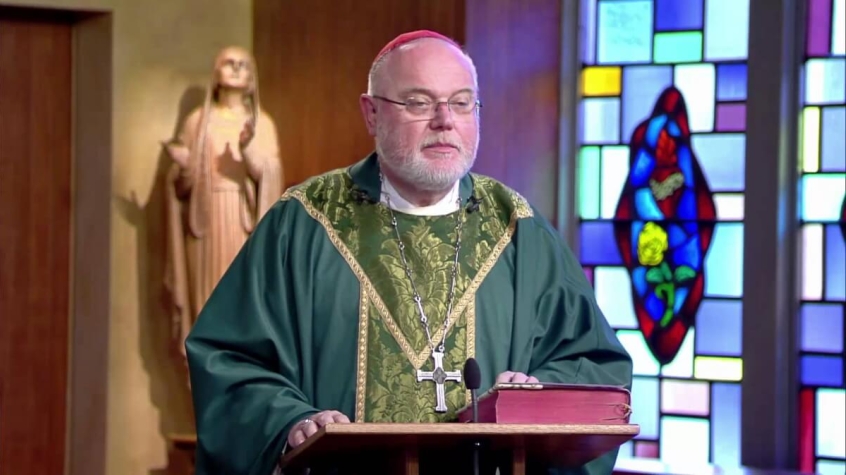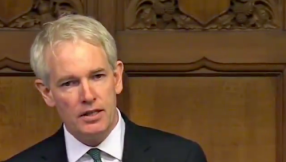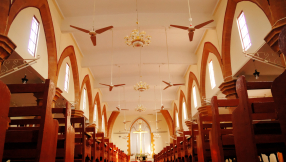The leading Catholic cardinal in Germany has condemned a decision to hang crosses on public buildings in the state of Bavaria.
Cardinal Reinhard Marx of Munich, president of the German bishops' conference, hit out at the decision made last week by Bavaria's new leader, Markus Söder.

'The cross is a fundamental symbol of our Bavarian identity and way of life,' said Söder as he hung a cross at the state government's headquarters in Munich.
But Marx warned the decision has triggered 'division, stirred up trouble and played people off against one another'.
He told the German newspaper Süddeutsche Zeitung: 'If the cross is just seen as a cultural symbol, then it has not been understood.'
It comes amid a wider co-opting of the cross by right-wing political groups across Europe as a badge of identity.
'The cross means including everyone, Christians, Muslims, Jews and non-believers,' said Marx.
An open letter from the Union of Young Catholics and the youth wing of the EKD, the main Protestant church, said: 'As young Christians we are shocked.' It continued, 'the Christian symbol of the salvation of God for everyone is being used to draw limits and exclude people', adding that the political use of this Christian symbol leads to 'emptying its theological meaning'.
Cardinal Marx will meet with senior Vatican officials in Rome on Thursday to discuss a controversy over plans to produce pastoral guidance allowing for Protestant spouses of Catholics to receive Communion. Two-thirds of German bishops backed the decision at their spring conference in February but seven have written to Rome to ask for clarification.
Cardinal Müller called the proposal a 'rhetorical trick,' stressing that interdenominational marriage is 'not an emergency situation' and that 'neither the pope nor we bishops can redefine the sacraments as a means of alleviating mental distress and satisfying spiritual needs' as they are 'effective signs of the grace of God'.













